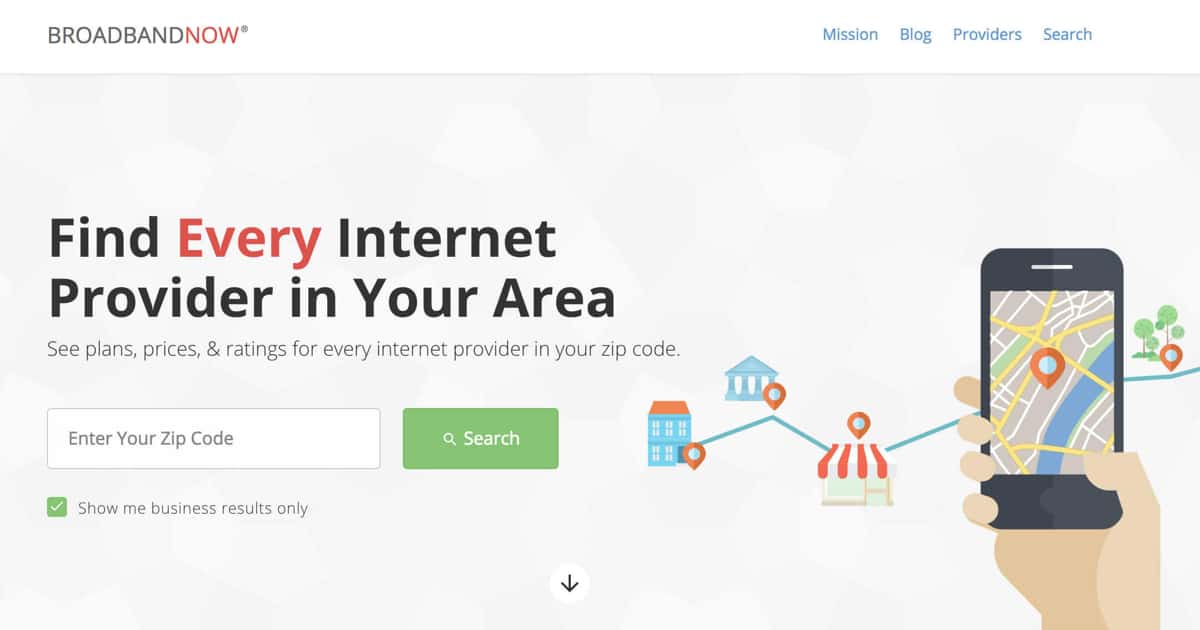I'm considering upgrading my router to attempt to get higher internet speeds and to attempt to have a more stable connection.
I currently have an ASUS RT-AC68U Wireless Router
I'm considering upgrading to the following router:
NETGEAR Orbi Tri-band Whole Home Mesh WiFi System with 2.2Gbps speed
Anyone have any suggestions or feedback on that? Good idea, or waste of time and money?
Thanks,
i2w8am9ii2





Comment